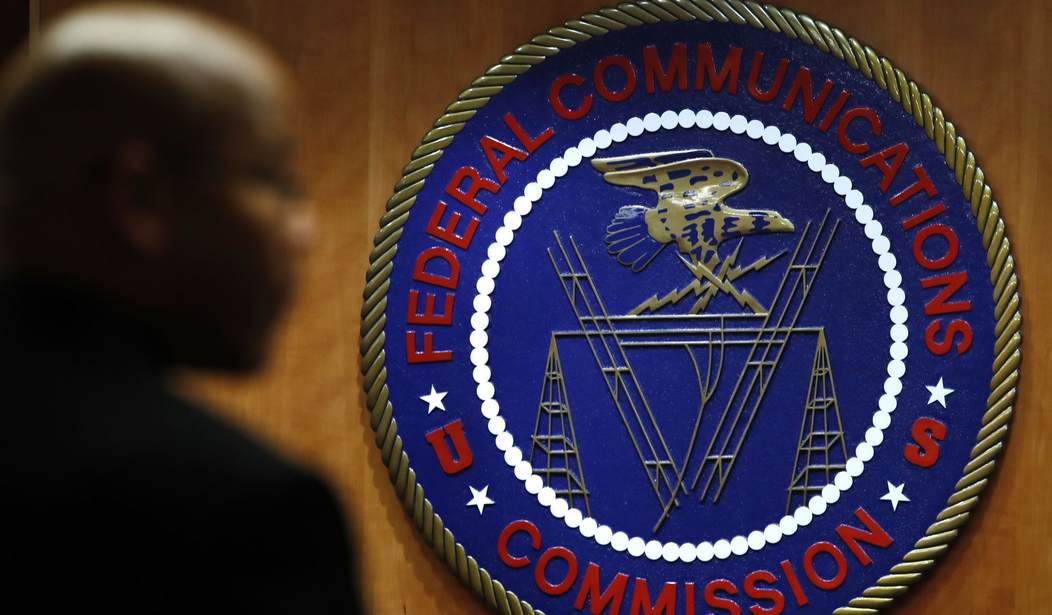The Federal Communication Commission’s little-known Universal Service Fund (USF) has long burdened consumers and taxpayers with waste, fraud, abuse, and mismanagement—but the fund has not escaped the watchful eyes of the courts. In fact, one court thinks the program may be downright illegal. However, Congress shouldn’t wait for the judiciary to reform it.
As the Fifth Circuit Court of Appeals recently noted in the case Consumers’ Research v. FCC, “nobody voted for” the fund’s inappropriate power delegation from Congress to the FCC and from the FCC to a private corporation, nor did they vote for its multibillion-dollar tax on ratepayers that keep the fund solvent. With conflicting decisions on the fund’s legality now swirling in different circuit courts, the program is on pause as a future showdown at the Supreme Court likely awaits.
Congress should make that legal debate a moot point instead. The USF falls woefully short of its original purpose to close the digital divide and provide Americans with affordable access to high-speed internet while imposing an unnecessary tax on ratepayers. As a recent report from the American Consumer Institute explains, USF’s unique funding model is largely to blame for the program’s shortcomings—which warrant policy reform irrespective of what the courts ultimately decide about the program’s legality.
Unlike many federal programs that require Congress to authorize payments in the appropriations process, the USF outsources administration to a private company that taxes a percentage of interstate and international telecommunication company revenues. That means neither Congress nor the FCC is directly responsible for setting this rate, making the USF uniquely unaccountable and susceptible to abuse. Plagued by a lack of oversight, the tax—and the financial costs of mismanagement—are passed down the ladder until consumers pay the price in more expensive monthly phone bills.
Recommended
No need to take my word for it, the FCC says so itself. The FCC estimates that most USF contributors pass these costs onto customers. Among the hardest hit are low and middle-income Americans who must spend a larger portion of their income paying the tax than their wealthier peers. Older Americans—many of whom live on fixed incomes—are disproportionally impacted by the tax since they are more likely to rely exclusively on landlines.
Compounding the problem is that the universal service tax has continued to grow over the years, rising from less than 10 percent in 2004 to nearly 35 percent today. As fee-exempt forms of communication technology have slowly displaced older legacy systems (largely landlines), the revenue base that USF has traditionally relied on has shrunk. This has resulted in larger and more frequent increases in the universal service rate and calls for more industries to contribute.
Such calls would have some merit, if not for the fact that the program itself is already inefficient, wasteful, and in desperate need of reform. Economist Jeffrey A. Eisenach testified that the fund has “been rife with waste, fraud and abuse throughout its history,” pointing to examples where the Commission has written checks to cell phone carriers “for serving customers they were already serving without a subsidy.” Cutting red tape and reducing bloat must be prioritized before others are forced to participate.
In a particularly jarring example of wasteful spending, a Government Accountability Office audit of Lifeline (one of four USF programs) found the program had mistakenly gifted more than $1 million in phone subsidies to deceased individuals. Other research has found evidence that the USF routinely squanders money on administrative expenses, and contributes to problems like network overbuilding, where new networks are needlessly built on top of existing networks.
The USF’s unique funding model has made it unaccountable to Congress. Rather than rope more industry into a broken program, Congress should change the funding structure so that it is subject to the appropriations process. That reform would promote transparency and accountability while improving efficiency. Only time will tell what the courts decide about USF’s legality. In the meantime, Congress can rid the program of what ails it by getting the ball rolling on meaningful USF reform.
Nate Scherer is a policy analyst with the American Consumer Institute, a nonprofit education and research organization. For more information about the Institute, visit us at www.TheAmericanConsumer.Org or follow us on X @ConsumerPal

























Join the conversation as a VIP Member